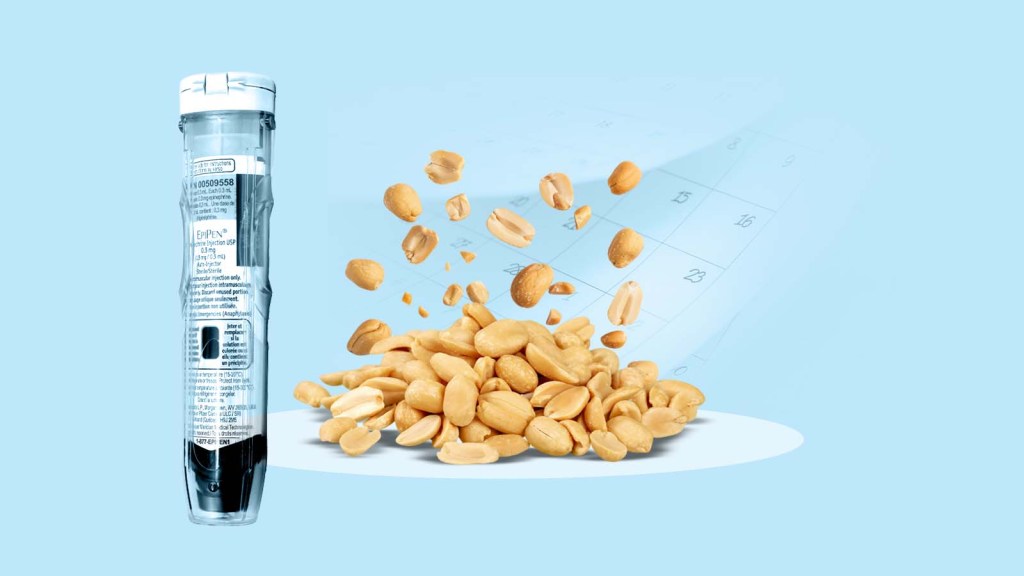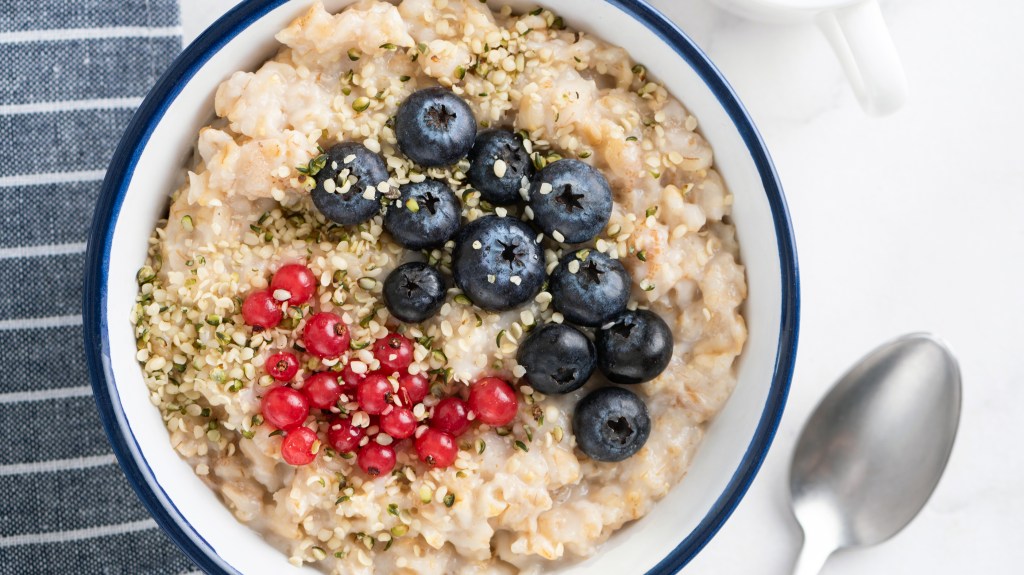Daily Peanut Consumption May Help Adults Manage Severe Nut Allergies
Consuming peanuts daily could assist adults in managing severe nut allergies, according to findings from a pivotal trial.
Participants who once feared peanuts as a source of life-threatening reactions have begun incorporating them into their breakfasts after participating in a desensitization treatment at Guy’s and St Thomas’ NHS Foundation Trust.
This study marks the first instance where oral immunotherapy has been entirely tested on adults, following prior successes in pediatric cases.
The clinical trial included 21 adults aged between 18 and 40 who were administered progressively larger doses of peanuts under medical supervision over several weeks, starting with a minuscule amount, less than 1/100th of a peanut.
At the end of the trial, approximately two-thirds of the participants were able to consume the equivalent of five peanuts without experiencing allergic reactions. Now, these individuals regularly eat peanut butter or peanuts at home to maintain their desensitized state, liberating them from their previous fears.
Leading the research, Professor Stephen Till, who specializes in allergy at Guy’s and St Thomas’ Hospitals and King’s College London, stated, “The constant anxiety surrounding potential life-threatening reactions significantly burdens those with peanut allergies. Previously, management relied solely on avoidance and emergency treatments, including adrenaline.”
“While peanut immunotherapy has proven effective in younger populations, this trial offers initial evidence that adults can also achieve desensitization, enhancing their quality of life. Over the course of the study, the average tolerated peanut dosage increased by a factor of one hundred,” he added.
Each patient confirmed their allergy and received their first dose in a hospital setting, beginning with 0.8mg peanut flour mixed in food, followed by larger doses of 1.5mg and 3mg after set intervals—starting very conservatively with 1/100th of a peanut.
Participants who could safely handle 1.5mg or 3mg continued taking daily doses at home for two weeks, progressively increasing their intake. Once they managed to tolerate between 50-100mg of peanut protein, they transitioned to consuming whole peanuts, peanut butter, or other peanut products, with the initial dose administered under supervision by healthcare professionals.
By the conclusion of the study, which received funding from the National Institute for Health and Care Research, two-thirds of participants reported the ability to consume the equivalent of five peanuts without any adverse reactions.
Hannah Hunter, an allergy dietitian and lead author from Guy’s and St Thomas’ NHS Foundation Trust, pointed out, “Living with a peanut allergy is burdensome due to the necessity for constant vigilance and the risk of accidental exposure. Daily situations, such as dining out or attending social events, can provoke anxiety, and many patients report that their allergy impacts travel choices and career paths.”
“Our findings indicate a significant improvement in quality of life following oral immunotherapy, with reduced fear of food. Many participants expressed that the treatment was transformative, allowing them to live without fear,” she noted.
Ashley Dalton, a public health minister, commented on the research, stating, “This innovative study brings hope to countless individuals living with peanut allergies. For too long, many have faced daily life with the fear of accidental exposure that could be fatal.”
Professor Adam Fox, chair of the National Allergy Strategy Group, reflected on the findings, saying, “Traditionally, it was believed that oral immunotherapy for food was primarily beneficial for children, with clear evidence suggesting that earlier intervention leads to safer and better outcomes. However, this study demonstrates that adults can also reap significant benefits from oral immunotherapy, particularly with peanuts.”
The study findings were published in the journal Allergy, supported by funding from the National Institute for Health and Care Research. Last year, another investigation within NHS facilities determined that children with severe allergies to peanuts and milk could be treated with low daily doses of their allergens.
Living Without Fear: The Testimonies of Participants
For much of his life, Chris Brookes-Smith, 28, had “linked the taste and scent of peanuts to anxiety and danger.” Now, he enjoys four peanuts each morning with breakfast and no longer frets about his allergy.
![]()
Brookes-Smith, hailing from Northamptonshire, was diagnosed with a peanut allergy as an infant. Eager to participate in the treatment trial, he remarked, “I started with a tiny amount of peanut flour mixed with yogurt, and by the trial’s conclusion, I could consume four peanuts at once. Now, I have four every morning to sustain my immunity. Previously, even a minor error could have serious consequences, but now I no longer fear collapsing from a takeaway meal.”
Similarly, Richard Lassiter, 44, has a severe nut allergy that has led to multiple hospitalizations following accidental peanut consumption. His experience in the trial has been profoundly transformative.
“This morning, I had my four peanuts after breakfast as if it were a routine medicine regimen,” he shared.
![]()
Lassiter, an executive coach from Beckenham in Greater London, was diagnosed with a peanut allergy during childhood. His adult life was marked by anxiety surrounding meals, leading to severe allergic reactions, including one harrowing incident on a trip to Chile with his wife.
Reflecting on his trial experience, he stated, “It has significantly impacted my life. I feel much calmer and more optimistic about my future opportunities.”




Post Comment